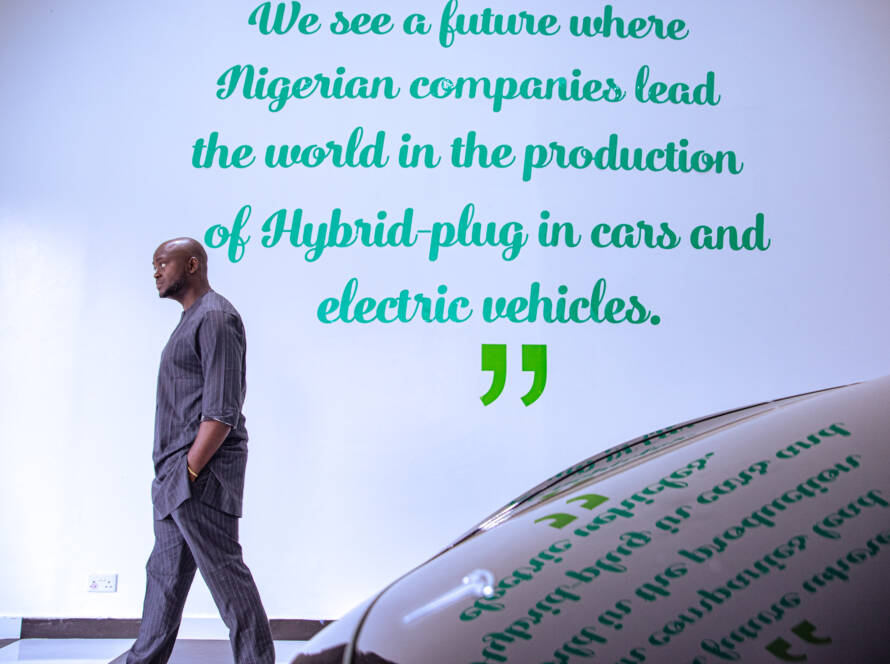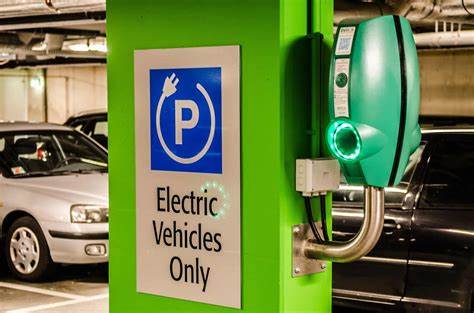
- Energy Efficiency and Cost Savings
The electrification of the Nigerian transport sector represents a transformative opportunity with far-reaching economic benefits. In this article, we will delve into the ways in which electrifying Nigeria’s transport sector can result in economic growth, job creation, and a sustainable future.
Electric vehicles (EVs) are significantly more energy-efficient than their internal combustion engine counterparts. According to data, electric vehicles convert 59-62% of the electrical energy from the grid to power at the wheels, while traditional internal combustion engines are only around 20% efficient. This means EVs require less energy to cover the same distance, resulting in reduced operational costs for both businesses and consumers. Lower fuel and maintenance expenses can stimulate economic growth by leaving more disposable income in the hands of individuals and allowing businesses to allocate resources more efficiently.
- Domestic Energy Production and Energy Security
Nigeria, traditionally reliant on oil imports for its transportation needs, can gain energy security through EV adoption. By transitioning to electric vehicles and sourcing electricity from domestic clean energy sources such as solar, wind, and hydropower, Nigeria can reduce its dependence on imported fossil fuels, thereby bolstering energy security. This shift also has the potential to create jobs in the renewable energy sector, contributing to a diversified energy mix.
- Local Manufacturing and Job Creation
The manufacturing of electric vehicles and associated components represents a substantial economic opportunity. Possible EVS’s local manufacturing initiative, for instance, not only reduces the need for imports but also creates jobs within the country. The expansion of electric vehicle manufacturing can stimulate economic growth by generating employment opportunities, fostering innovation, and attracting investment.
- Reduced Environmental Costs
Air pollution and its associated health costs are significant burdens on the Nigerian economy. Data reveals that poor air quality leads to increased healthcare expenses, productivity losses, and premature deaths. Electric vehicles, with their zero tailpipe emissions, offer a pathway to mitigate these costs. Cleaner air translates into healthier citizens and a more productive workforce, indirectly benefiting the economy by reducing healthcare expenses and increasing productivity.
- Infrastructure Development
The establishment of a charging infrastructure network is essential for the widespread adoption of electric vehicles. This endeavor can stimulate economic activity by creating jobs in construction, technology, and maintenance. Moreover, charging stations can serve as economic hubs, attracting businesses, services, and investments to the areas where they are installed.
- Reduced Fuel Importation Costs
Nigeria has historically spent a significant portion of its foreign exchange reserves on fuel importation. Shifting to electric vehicles reduces the demand for imported fossil fuels, ultimately easing pressure on the nation’s foreign exchange reserves. This, in turn, contributes to greater macroeconomic stability and resilience.
- Emission Reductions and Global Commitments
Nigeria is a signatory to international climate agreements, including the Paris Agreement, which commits to reducing greenhouse gas emissions. Electrifying the transport sector is a tangible way to fulfill these commitments. By reducing emissions, Nigeria can avoid potential economic penalties and trade restrictions while attracting investments in clean technologies.
Electrifying the Nigerian transport sector is both a matter of environmental responsibility and a strategic economic decision. The data, supported by insights from various fields such as economics, logistics, and sustainable development, indicates that this transition holds the potential to stimulate economic growth, create jobs, reduce costs, and position Nigeria as a leader in the global shift toward sustainable transportation. It is an investment in a cleaner, more prosperous future for the nation.


